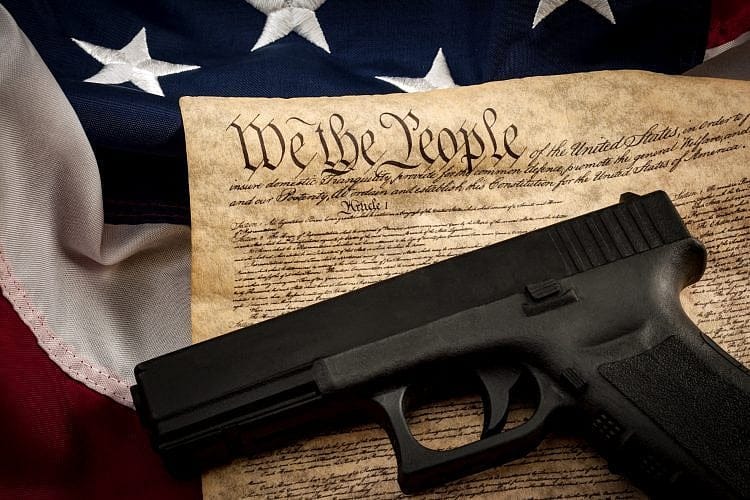Letting Unsecured Gun Get Stolen Is Enough To Lose License To Carry, Massachusetts Court Rules – Even After 50 Years of Incident-Free Gun Ownership

A state appeals court has upheld the latitude of local police chiefs to decide who can and can't carry a handgun in Massachusetts, overturning two lower-court judges who found that a police chief in Taunton acted unreasonably when he revoked a license to carry from a man whose gun was stolen from his car.
Paul Caras, then 76, picked up his drug-addicted grandson one day in January 2017 to take him to Rhode Island. On the way, he made a brief stop at his home, leaving his grandson in the car with Caras's Sig Sauer P232 handgun in the unlocked glove compartment. He had the gun in the car because he had made several trips to the bank that day.
